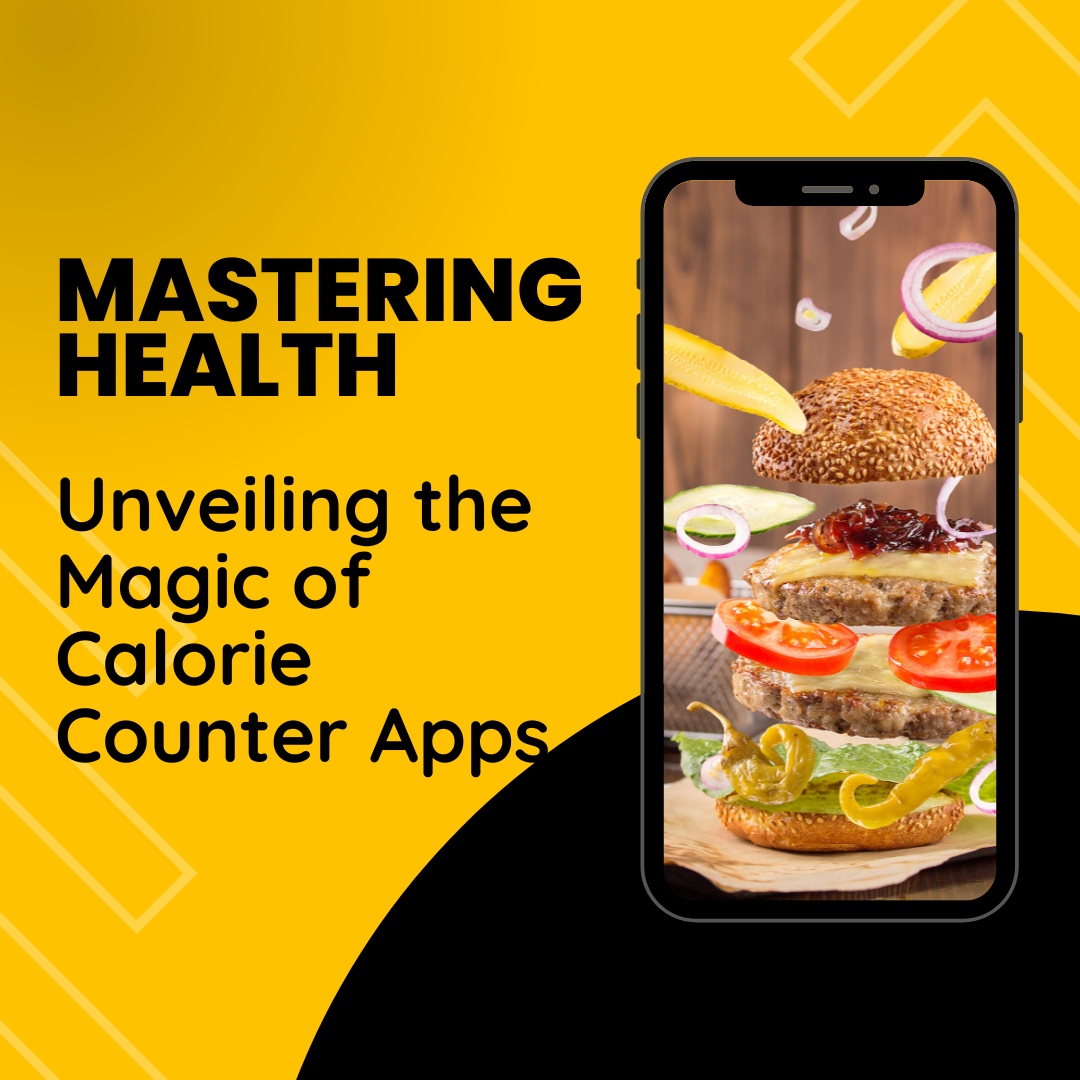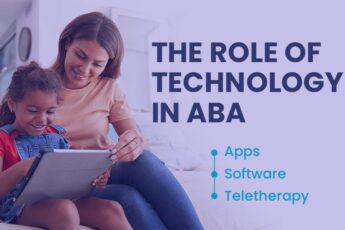In an era marked by relentless pace and convenience, maintaining a healthy lifestyle often takes a back seat. However, the significance of a balanced diet and mindful eating cannot be over stated. This is where Calorie Counter Apps come into play – transforming how individuals approach their dietary habits. These apps have gained remarkable traction for their ability to monitor food intake, guide users towards fitness aspirations, and promote a healthy lifestyle overall. In this discourse, we will delve into the universe of Calorie Counter Apps, exploring their attributes, advantages, and the transformative impact they can bring to your wellness focused enterprise.
Understanding the Core of Calorie Counting
Calorie counting stands as the cornerstone of weight management and achieving fitness objectives. The fundamental concept revolves around maintaining equilibrium between the calories ingested through food and those expended through physical activity. Surplus calories lead to weight gain, while a deficit results in weight loss.
However, manual calorie tracking can be laborious and prone to errors. This is where Calorie Counter Apps step in, streamlining the process with precision and convenience.
The Evolution of Calorie Counter Apps
The rise of mobile technology and an escalating emphasis on health and fitness have paved the way for the emergence of Calorie Counter Apps. Initially, these apps were rudimentary, featuring basic food databases and manual meal logging. Yet, as technology progressed, these apps under went a transformation, offering advanced features such as barcode scanning, personalized meal recommendations, and seamless integration with fitness tracking devices.
Attributes of Calorie Counter Apps
Comprehensive Food Database: These apps boast extensive databases encompassing diverse foods along with their nutritional profiles. Through a simple search, users can access information about calories, macronutrients (carbohydrates, proteins, fats), vitamins, and minerals present in consumed food items.
Barcode Scanning: Many apps facilitate barcode scanning for packaged foods, instantly populating the nutritional details in the user’s log. This feature not only saves time but also mitigates the risk of manual input errors.
Tailored Experience: Calorie Counter Apps recognize the uniqueness of each individual’s dietary requirements. They enable users to establish personalized objectives, be it weight loss, muscle gain, or maintenance. These apps offer target calorie intake and nutrient distribution recommendations based on user goals.
Effortless Meal Logging: Users can effortlessly log each meal and snack consumed throughout the day. The apps often boast user-friendly interfaces enabling food searches, portion input, and the creation of custom meal entries for swift future logging.
Holistic Physical Activity Tracking: Effective weight management extends beyond dietary intake to physical activity. Consequently, Calorie Counter Apps frequently integrate with fitness trackers to compute calories burned during various exercises, contributing to daily caloric expenditure calculations.
Progress Monitoring: Visualizing progress serves as a potent motivator. These apps often present users with graphical representations, charts, and statistics reflecting daily, weekly, or monthly advancements. This facilitates the identification of trends and areas warranting adjustments.
Advantages of Adopting Calorie Counter Apps
Elevated Awareness: Calorie Counter Apps heighten users’ consciousness of their dietary habits. Logging every meal and snack cultivates acute awareness of the nutritional content of their dietary choices.
Precision Tracking: Manual calorie counting is susceptible to errors, given the intricacies of estimating portion sizes and nutritional information. Calorie Counter Apps leverage comprehensive databases to deliver precise nutritional data, curbing the likelihood of overestimating or underestimating caloric intake.
Objective-Driven Approach: Whether the objective is weight management, muscle gain, or embracing a wholesome lifestyle, these apps aid in setting realistic targets and guiding users towards their realization. Monitoring progress and adapting habits accordingly become seamless tasks.
Educational Value: Engaging with Calorie Counter Apps offers an educational dimension. As users delve into the nutritional intricacies of various foods, they gain insights into calorie density, macronutrient composition, and micronutrient content. This knowledge empowers informed dietary choices aligned with health and fitness goals.
Seamless Convenience: In an era of omnipresent smartphones, users essentially carry a personal nutritionist in their pockets. These apps, accessible at their fingertips, simplify meal logging, progress tracking, and the nurturing of goal adherence.
Community and Support Ecosystem: Many Calorie Counter Apps foster community engagement, allowing users to connect, exchange tips, and provide mutual support. This communal ambiance fosters motivation and dispels the notion of embarking on the wellness journey alone.
Behavioral Revelations: Consistent meal and activity logging enables apps to detect patterns and offer insights into users’ eating behavior. This aids in identifying triggers for overindulgence and instances when less wholesome choices are made.
Selecting the Ideal App
With a plethora of Calorie Counter Apps available, choosing the one aligned with your business objectives warrants thoughtful consideration. Factors like database comprehensiveness, user friendliness, compatibility with other health related apps or devices, and the extent of community interaction should all inform your decision. This discourse is tailored for companies or establishments contemplating the development of such apps. It offers insights into the immense value these apps can bring to their ventures and the potential to revolutionize the wellness landscape.

In conclusion, calorie counter apps are an effective tool for weight loss and healthy eating. DIBS can help you to develop these apps that increase awareness, provide accountability, personalization, convenience, and motivation. So, These apps can help users achieve their weight loss goals and improve their overall health and fitness.
Talk to our experts and find out more about the latest healthcare technologies and how DIBS team can help you develop an app that lets you track of daily food intake and provide personalized nutritional guidance. Thus, they promote healthy eating habits and weight management.







Leave a Comment